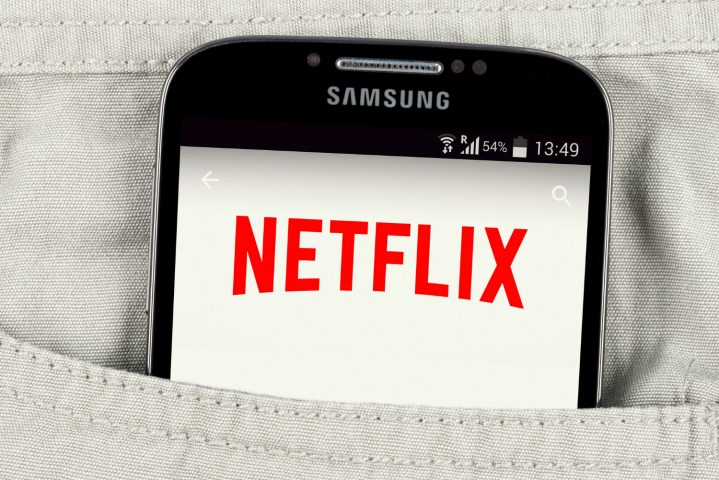
Since the introduction of Binge On, T-Mobile CEO John Legere has been adamantly defending the feature, taking things to a new level last week when he accused rivals of capping Netflix streams for their users. While it turned out that the streams were indeed being throttled, wireless providers weren’t the ones doing the throttling. Netflix was, and, by it’s own admission, the company has been doing so for a long time.
Related Offer: Thousands of movies & TV shows on Amazon Video. Start a free trial now!
The company has been capping mobile video streams on AT&T and Verizon to 600Kbps for over five years, the Wall Street Journal reports. The reason, a Netflix spokesperson said, is “to protect our members from overage charges when they exceed mobile-data caps.” The company hasn’t limited video on Sprint or T-Mobile because neither company usually charges for data overages.
Verizon generally washed its hands of the news, saying that it provided video streams to its users at the resolution the service provided them. AT&T wasn’t as restrained in its response. “We’re outraged to learn that Netflix is apparently throttling video for their AT&T customers without their knowledge or consent,” company senior executive vice president of external and legislative affairs Jim Cicconi said.
Netflix has generally been seen as a proponent of Net neutrality, but this puts the company on somewhat shakier footing. If the company had simply throttled video for every carrier, there wouldn’t be an issue, but throttling some and not others doesn’t look good for the company, whatever the reason.
T-Mobile’s Binge On even looks slightly better by comparison, as customers at least have the option for turning the resolution cap off with that service. While Netflix allows users to select video quality on wired connections, that isn’t the case for wireless providers, at least not yet.
Netflix has a “data saver” feature planned to launch in May that will allow mobile users to increase or decrease video quality depending on how much data they want to burn. This will likely now be seen as a reaction to this event rather than a simple new feature, but at least customers will soon be able to make the choice for themselves.
Editors' Recommendations
- Verizon just got an incredible bundle for Netflix and Max fans
- The 5G speed race is over and T-Mobile has won
- Here’s another big reason why T-Mobile 5G dominates AT&T and Verizon
- It’s late 2022, and Verizon and AT&T still can’t beat T-Mobile’s 5G network
- T-Mobile adding a free year of Apple TV+ to its most expensive plans

